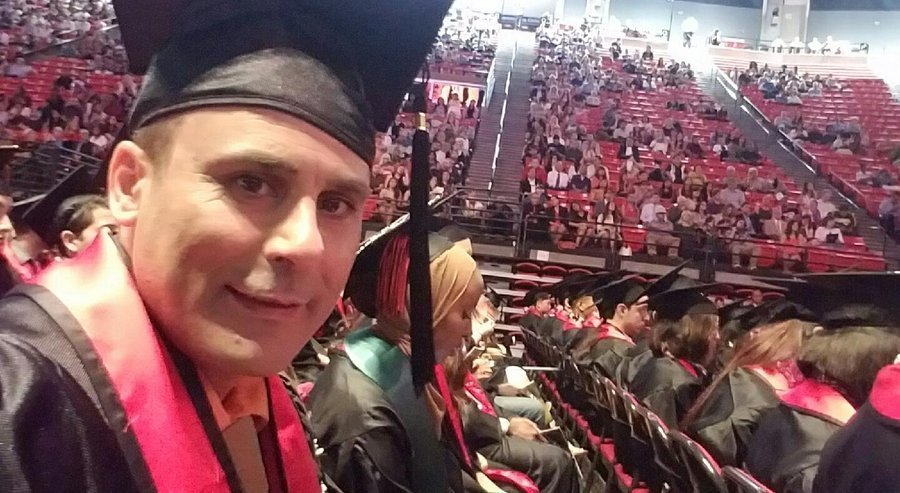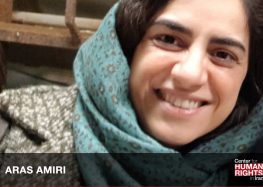Iranian-American Vows to Hunger Strike Until Death If Authorities Uphold 18-Year Prison Sentence

Iranian-American dual citizen Reza (Robin) Shahini, who was handed an 18-year prison sentence in Iran in October 2016, has vowed to go on hunger strike until his death if the sentence is not reversed on appeal.
“This is a tyrannical sentence,” an informed source close to the case told the International Campaign for Human Rights in Iran. “If the sentence is not thrown out, he will go on a hunger strike until his death because he won’t be able to tolerate such a heavy sentence… We want the U.S. government to seriously seek Reza’s freedom because he’s an American citizen and his harsh punishment is for alleged ‘collusion with the U.S.’”
The source also said that judicial officials had told Shahini’s family that he could be released sooner if they refrained from speaking to foreign media about his case, “but instead of freeing him, they gave him a shocking 18-year prison sentence.”
Shahini’s sentence was issued after one trial session at the Revolutionary Court in Gorgan on October 15, 2016, according to the source. The charge of “collusion with the U.S. as an enemy state” led to the heaviest sentence—nine years in prison—even though Shahini’s lawyer argued in court that the Foreign Ministry’s official position states Iran is not in a state of war, except for with Israel.
“Reza blames (Iranian President) Hassan Rouhani because he repeatedly invited Iranian expats to return to Iran, but didn’t protect them,” added the source.
A resident of San Diego, California, Shahini, 46, was arrested on July 11, 2016 in Gorgan, Golestan Province, while visiting relatives in Iran. He had immigrated to the U.S. from Iran in 2000 and in May 2016 received a bachelor’s degree in international security and conflict resolution from San Diego State University.
“Reza has been charged with ‘collusion with the U.S. as an enemy state’ because of his [interviews] with Voice of America, ‘waging propaganda against the state’ for supporting groups opposed to the Islamic Republic, ‘membership in a monarchist organization,’ ‘inciting people to disrupt national security’ and ‘insulting the late [founder of the Islamic Republic] Ayatollah Rouhollah Khomeini and Supreme Leader [Ayatollah Ali Khamenei],” said the source.
“All the accusations against Reza were based on his writings and photos posted on his Facebook page, as well as his interviews with Voice of America several years ago, and a couple of other articles in the IranGlobal and Khodnevis websites,” added the source. “For instance, he posted photos on Facebook showing people celebrating and protesting before and after the (widely contested) 2009 presidential election. He also posted photos of people like [former Crown Prince] Reza Pahlavi, [former President] Abolhassan Banisadr and [political commentator in exile] Akbar Ganji… But after 2011 he had no [political] activities and after hearing Rouhani’s speeches, he thought he could return to Iran and visit his family without any problems.”
Several dual nationals have been arrested in Iran since 2014 including Iranian-Canadian Homa Hoodfar, Iranian-American son and father Siamak and Bagher Namazi, and Iranian-British Nazanin Zaghari Ratcliffe. With the exception of Hoodfar, who was released in October 2016, all of them are still being held in Iran without due process.
The Judiciary’s ongoing imprisonment of dual nationals contradicts the Rouhani government’s repeated calls for expatriates to return to Iran. The growing number of arrests of dual citizens also reflects hardliners’ efforts to prevent the engagement with the West that Rouhani has sought to encourage.






